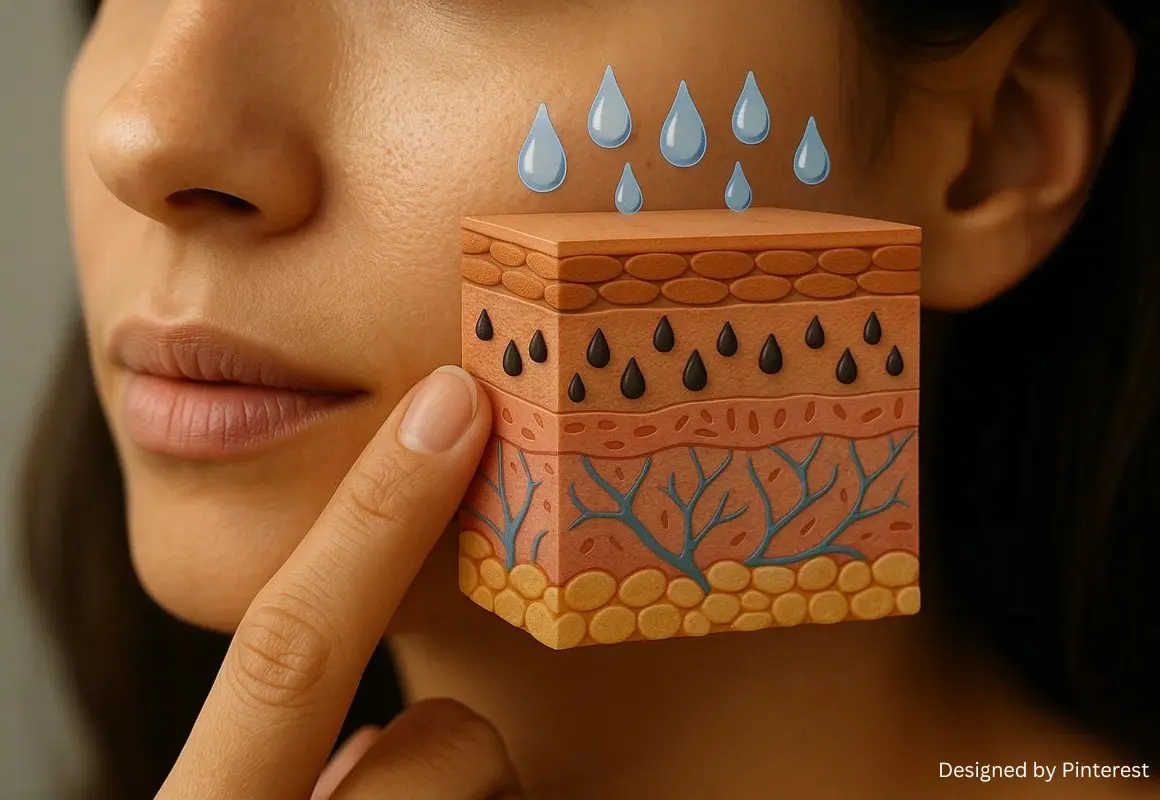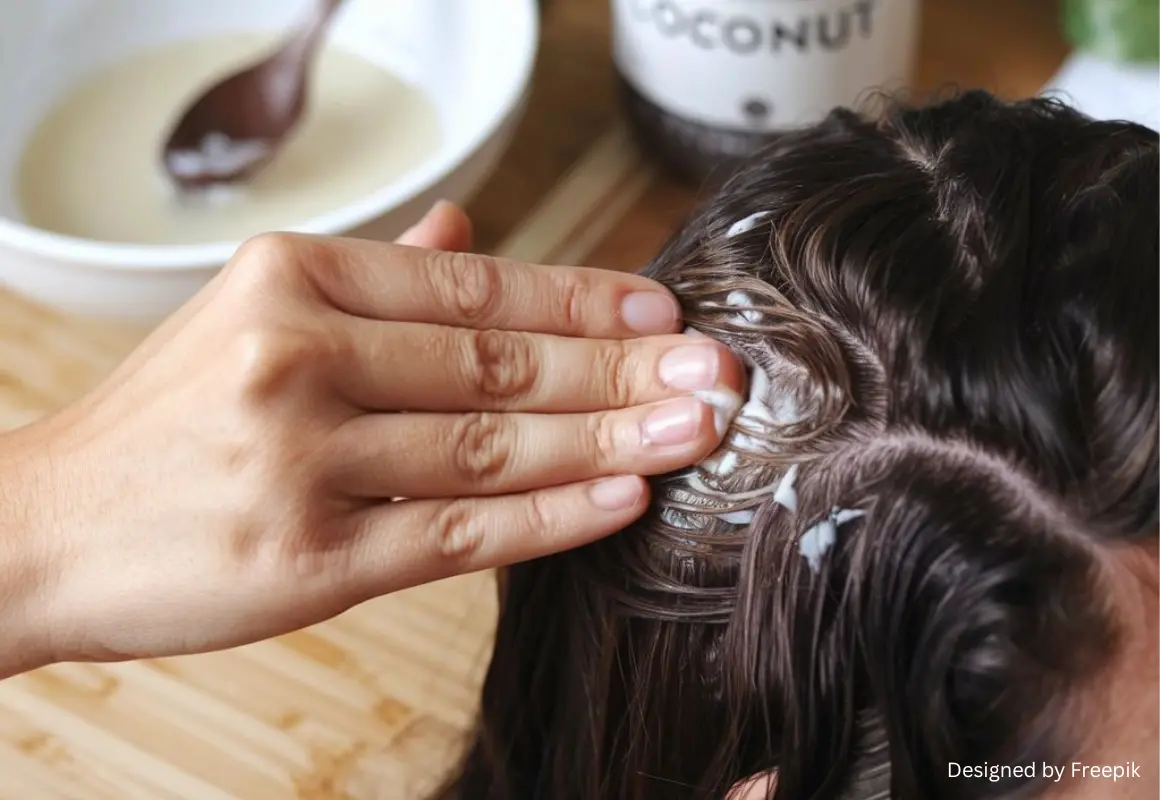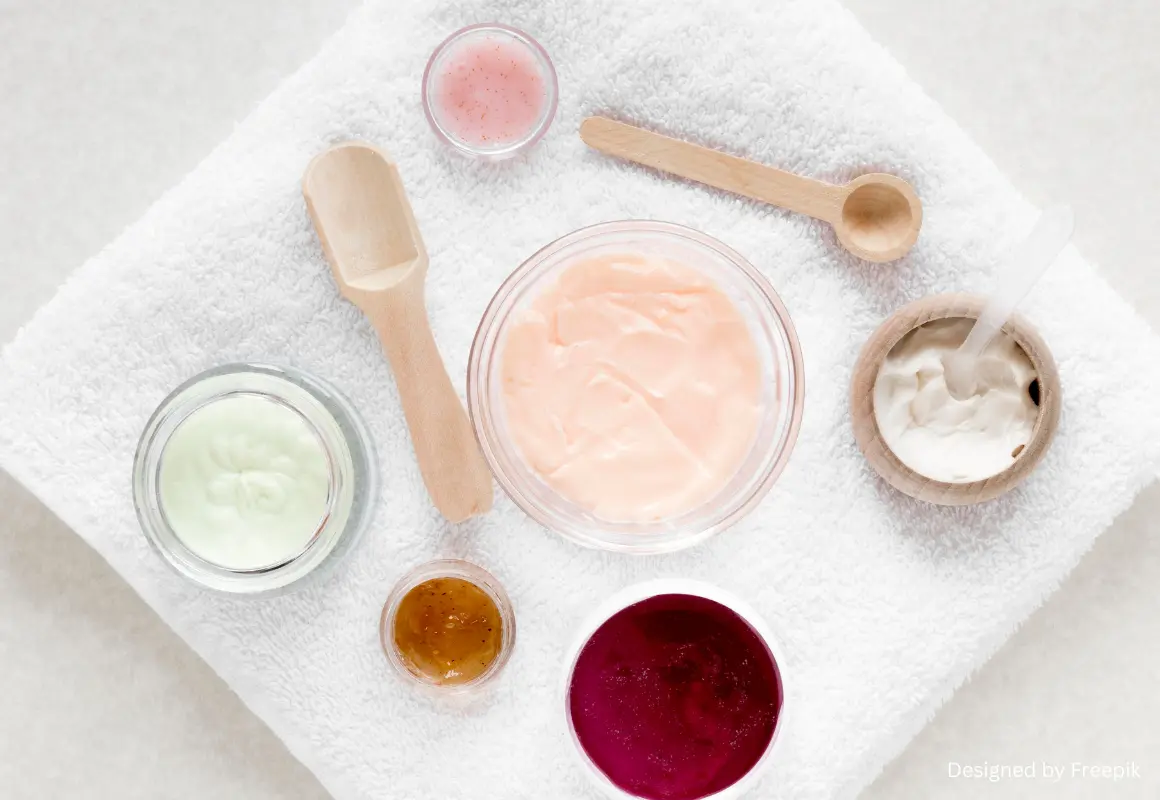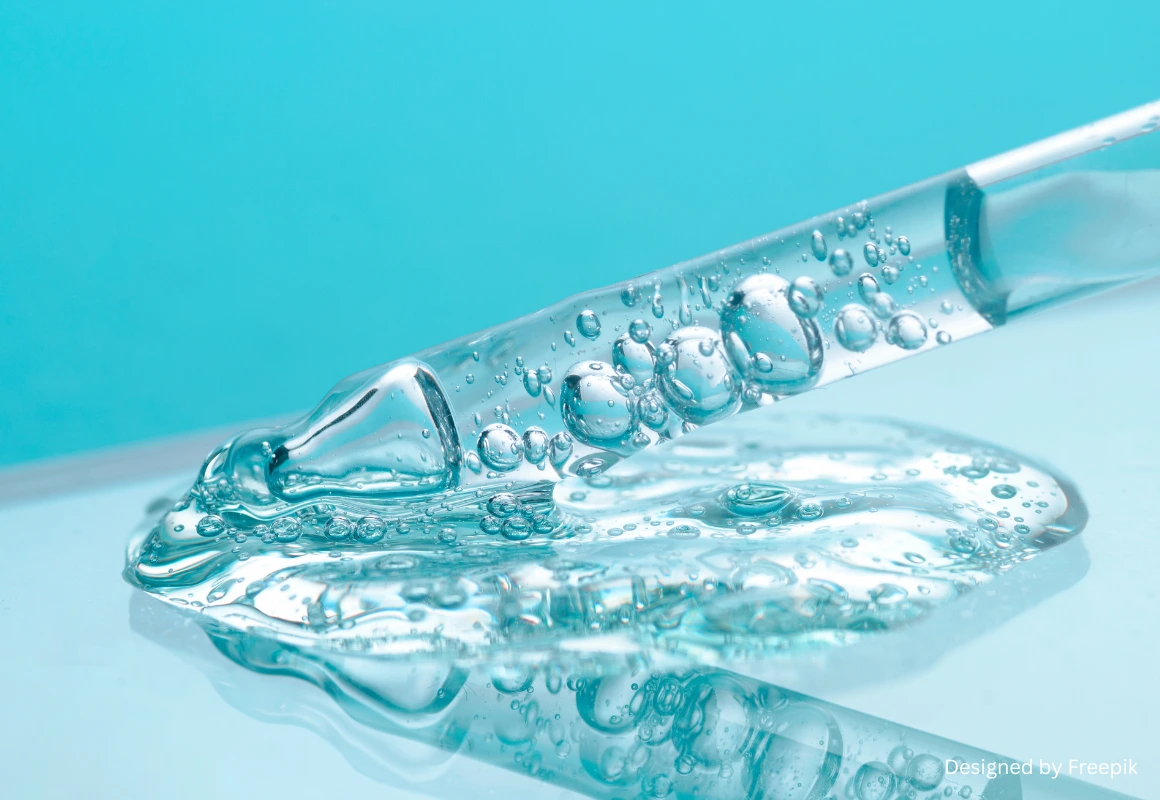How to Revive Your Facial Skin for a Radiant and Long-Lasting Glow

Understand Your Skin Before Starting Any Routine
Many people begin their skincare journey by purchasing products based on others’ reviews without knowing whether those products truly suit their skin. The first step to reviving your skin is understanding your real skin type—whether it’s oily, dry, combination, or sensitive. This knowledge will help you choose the right care method and products.
Oily skin tends to have enlarged pores and is prone to acne due to excess sebum. Dry skin often feels tight and flaky. Combination skin is oily in the T-zone (forehead, nose, chin) but dry elsewhere. If you have sensitive skin, you must be cautious of ingredients that may cause irritation, such as alcohol, fragrances, or parabens.
Understanding your skin is the foundation of proper skin restoration. Using products that don’t suit your skin can lead to more issues instead of improvement.
Gentle Cleansing—The First Step to Healthy Skin
Cleansing might seem simple, but it’s actually the starting point of healthy skin. Inadequate cleansing allows dirt to clog pores, causing acne. Harsh cleansing or products can lead to irritation, dryness, and weakened skin.
Choose a gentle, alcohol-free cleanser and avoid overly foamy cleansers that can leave skin tight and dry. After washing, use a soft towel to pat your face dry—don’t rub. Cleanse your face twice a day, morning and evening. Over-cleansing can disrupt your skin’s natural moisture balance.
Don’t overlook the importance of “Double Cleansing”—starting with a cleansing oil or micellar water to remove makeup and sunscreen, followed by a foam or gel cleanser. This method helps deeply cleanse your skin, reducing acne and promoting a clear, healthy look without damage.
Hydrate Skin with Targeted Moisturizing
Once your skin is clean, the next step is to restore moisture. Dehydrated skin looks dull, ages faster, and is more sensitive to sunlight. Choose skincare that suits your skin concerns:
● Dry skin → Use serums or creams with Hyaluronic Acid, Ceramides, or Glycerin
● Oily but dehydrated skin → Choose lightweight, fast-absorbing gels that don’t clog pores
● Dull skin → Use serums with Vitamin C or Niacinamide to brighten skin
Also, using a moisturizer after serum helps lock in moisture. Apply with gentle patting or pressing motions to help products absorb more deeply into the skin.
Use Face Masks and Scrubs for Quick Recovery
Face masks are great for quick hydration and skin revival, especially those with intensive ingredients like collagen, aloe vera, or ceramides.
Use a mask 1–2 times a week to keep skin plump and radiant. Exfoliating (scrubbing) helps remove dead skin cells, allowing new skin to shine through. Choose fine-grain scrubs that are gentle and avoid over-scrubbing—once a week is enough.
Masks and scrubs help reset your skin, making it clearer and more receptive to other skincare steps.
Protect Your Skin Daily with Sunscreen
Sunlight is a major enemy of your skin. Even indoors, sunscreen is essential, as UVA/UVB rays and blue light from screens can still damage your skin.
Choose sunscreen with SPF30 and PA+++ or higher for daily use. If you’re outdoors for extended periods, go for SPF50 and reapply every 2–3 hours for full protection.
Sunscreen not only prevents dullness but also reduces risks of dark spots, melasma, freckles, and collagen breakdown.
Revive Skin from Within Through Diet and Rest
Skincare isn’t just external—internal care is key too. Getting 7–8 hours of sleep each night allows your body to produce hormones that repair skin cells.
Drink at least 1.5–2 liters of water daily to prevent dryness and flakiness. Eat a balanced diet rich in vitamins A, C, E, and Omega-3—found in avocados, fish, eggs, and nuts—to strengthen your skin from the inside and give it a natural glow.
Boost Skin Vitality with Facial Massage and Yoga
Gently massaging your face while applying cream or serum boosts blood circulation, giving your skin a healthy flush and reducing puffiness and sagging.
Facial yoga is also a promising new technique. Stretching facial muscles can stimulate collagen production and firm the skin. Just 5–10 minutes a day is enough.
When you consistently care for your skin both inside and out, your face will regain a long-lasting glow—not just a temporary fix.
● American Academy of Dermatology Association. (2023). Skin care basics. www.aad.org
● Mayo Clinic. (2023). Healthy skin: Tips for caring for your skin.
● Journal of Clinical and Aesthetic Dermatology, “Hydration and the Role of Moisturizers in Skin Barrier Function.”
● Harvard Health Publishing. “Beauty Sleep: How Sleep Affects Skin Health.”
● Paula’s Choice Skincare Education Center








.webp)
